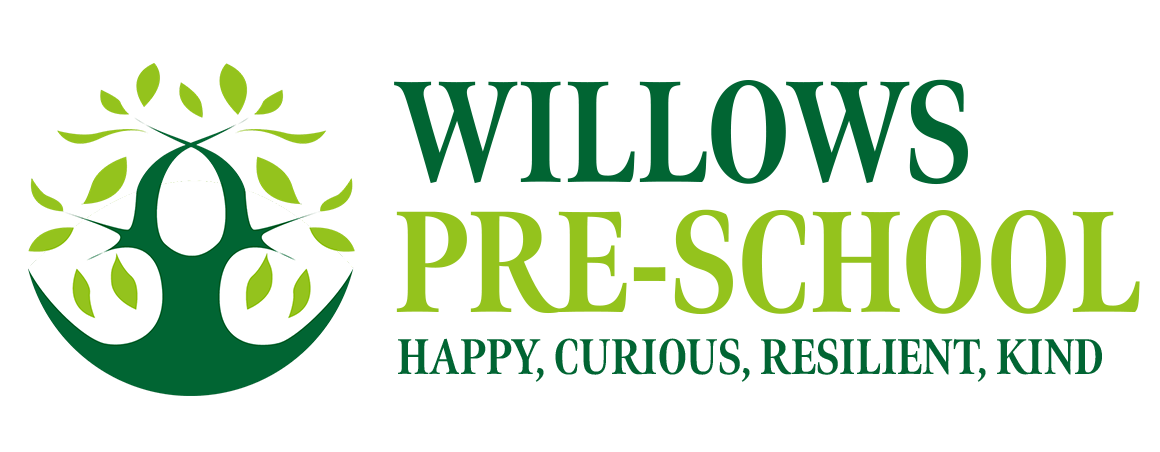An iterative approach.
When planning and adapting topics for different ages, our teachers’ knowledge of the WillowsWay® is key. For instance, the pedagogy of Dewey and Bloom’s taxonomy are often cited. By understanding the educational philosophy of the WillowsWaytm, our teachers are better able to select and adapt material that is age-appropriate and engaging for our children. In addition, by familiarizing themselves with the work of renowned educators like Dewey and Bloom, our teachers can bring a wealth of knowledge and experience to the setting. As a result, our children can benefit from an education that is tailored to their specific needs and abilities.
Our goal is to prepare the children for the real world in the best possible way and make sure that our teaching practices are always exceptional. Adapting Topics for our different age groups, is one way to ensure the above!
Our Wimbledon Nursery, Hammersmith Nursery and Colliers Wood Nursery take children from age 1-5 years. Different ages require different depths of knowledge on the same Topic. 2-year-olds are typically just beginning to learn about their surroundings, so they need simpler explanations. On the other hand, 4–5-year-olds have a greater capacity for understanding, so they can handle more complex topics. Therefore, it’s important to adapt the same topics for different ages.
Bloom’s Taxonomy is a popular framework for thinking about the level of complexity or depth of knowledge required for any particular educational goal. At its most basic, the Taxonomy posits that there are three types of learning outcomes: cognitive (knowledge-based), affective (attitude-based), and psychomotor (skill-based). However, within each of these categories, there are further levels of complexity or depth. For example, within the cognitive category, the lowest level is simply remembering or recalling information, while at the highest level is creating new knowledge. The affective category ranges from receiving or responding to information at the low end, to valuing or organizing information at the higher end. Finally, the psychomotor category goes from simple motor skills at the lower end to complex problem-solving at the higher end.
Dewey’s concept of education puts a premium on meaningful activity in learning and participation in classroom democracy. In other words, he believed that education should be experiential and that students should be actively engaged in their own learning. Furthermore, he believed that the democratic process was an essential part of education and that all students should have a voice in shaping their educational experiences. At Willows we coach this important skill for teachers as they observe, communicate and adapt to children’s interests.
At Willows, we believe that outdoor and indoor learning are both important and should be in harmony with each other. We believe that this creates an enabling environment for our children that allows them to fulfil their potential. We are inspired by the work of John Dewey and his belief in the importance of experiential learning. We also believe in the benefits of Bloom’s Taxonomy, which emphasises the importance of higher-order thinking skills. As such, we believe that our approach to learning provides our children with the best possible opportunity to develop deep learning both socially and emotionally.
One of the hallmarks of a good pedagogy is that it is constantly building upon itself. Ideas and concepts are revisited and explored from different angles as children grow and develop. Therefore, our curriculum is designed around repeating topics on an annual basis. This iterative approach, revisiting topics throughout their time at our school, children have the opportunity to deepen their understanding and gain new insights.





